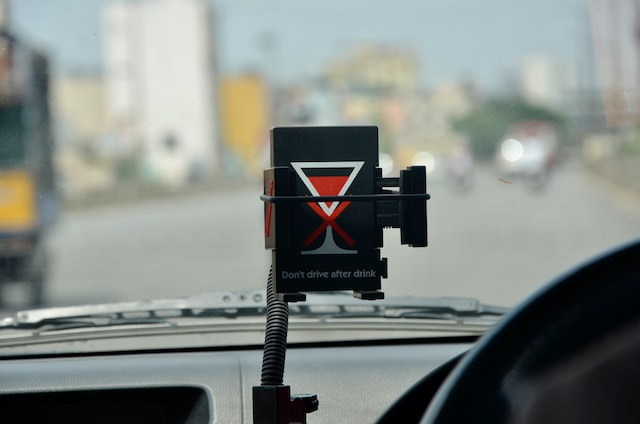Over 1.5 million people are arrested yearly in the US for either a DWI or a DUI. The legal limit for a DUI is 0.08%, although there are some variations based on the state.
While a DUI is common, it isn't always a simple slap on the wrists and walking away. There are a couple of things that may happen when you are stopped.
Police station
If you are pulled over and suspected of being under the influence, you will likely be asked to perform a breathalyzer and some other standard questions or movements. If you fail the breathalyzer test or seem to be under the influence of drink or drugs, you will be taken to the police station.
You might be released - if someone can pay your bail and take you home. However, this isn't always a fast process, and many people end up spending the night in jail.
Court
After your arrest, you will get some documents that will tell you when you will have to go to court for the DUI. Each state has its own time frame on when this will happen, and it is at this point that if you haven't already hired a lawyer like Sitkoff & Hanrahan, LLP - that you should.
They will likely use body cam footage if they have it - so be prepared.
Beyond plea discussions, local expertise about Minnesota’s DWI procedures — including implied consent rules and administrative license actions — often makes a practical difference in outcomes. An attorney experienced with state and local courts can advise on timing for hearings, strategies to challenge test results, and options to limit or delay license suspension while your case proceeds.
For readers in the St. Paul area, take a look into a DWI attorney St. Paul, MN for a clear summary of local processes and representation considerations. That context helps set realistic expectations as you move from arrest through court and any administrative reviews.
They will likely use body cam footage if they have it - so be prepared.
License
When you get a DUI, you will lose your driver's license for a period decided by the court. The length of time will be decided based on how severe the offense was and the state that you are in.
If you need to drive to work or need to use a vehicle, your DUI attorney might push for a hardship license, which means you could drive from home to work or to an educational building. All other driving privileges are removed until the date that the court has decided.
Probation
Most people who get a DUI won't go to jail. Instead, they will need to serve probation. Although it is possible for serious offenses, jail time will be the outcome. The length of time that probation will last will be decided by the courts, and keep in mind that the offender will need to cover the cost of the authorities who are looking out for them during their probation period.
Fines
If you caused a car crash, then your fine will understandably be higher - the fine will be decided by the rules in your state and the court. DUI offenders are required to pay for the cost of the processing of their case and the court costs - this is in most states but not all.
What happens next?
Once you have paid all of the fines and costs and served either jail time or probation, the DUI isn't finished yet. There will typically be an evaluation to go through before your driving license is returned.
The assessment will look at if you have an alcohol or drug issue, if you are at risk of getting another DUI, and if you are a danger to yourself or others around you. Once all of that is done, you will need to make your car insurance aware of the DUI, and you might need a device fitted in your car that requires a breathalyzer before you can start the car.
Cars are one of the places that everyone can benefit from having an emergency fund (covering legal fees and more):Saving Moula | Take A Walk In My Shoes




Post a Comment
Thanks for the blogging Love